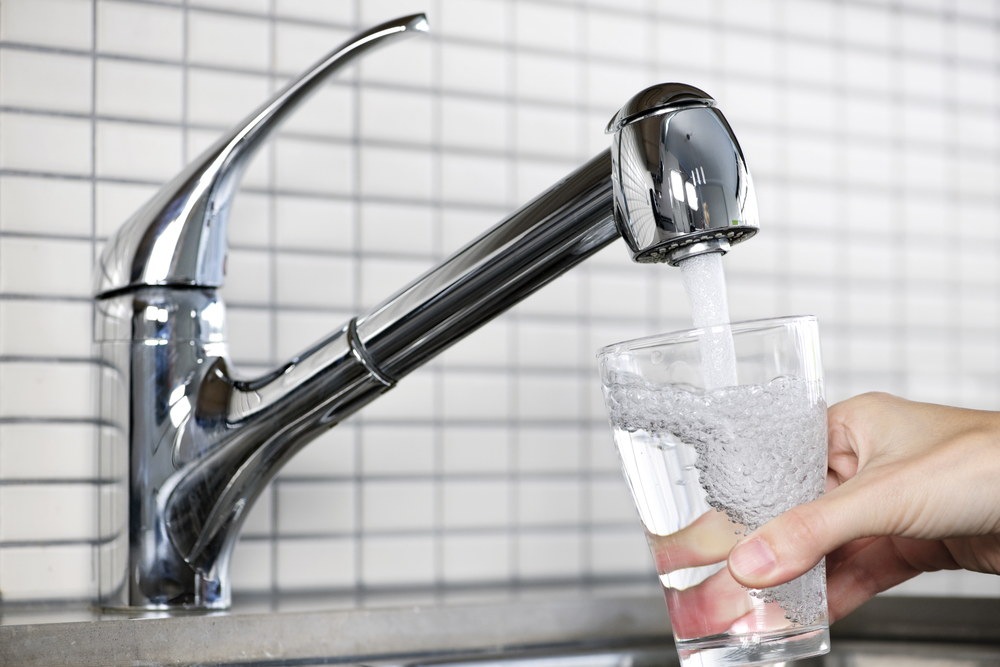Table of Contents

Groundwater and surface water are the two main sources of drinking water, however, neither one is free from contaminants like bacteria or chemicals. Surface water contamination is often caused by untreated sewage released into rivers and lakes, a common concern, which makes it essential to invest in water filtration technologies that can help protect them from a variety of water-borne diseases.
Groundwater resources are badly polluted due to the prevalence of hazardous pesticide and fertiliser residues, as well as the existence of fluoridated water, mercury, nitrates, iron, and heavy metals. There is also increasing concern regarding toxins from untreated industrial waste and landfills.
How do bacteria contaminate water?
Bacteria can contaminate water through various ways such as:
- Sewage or waste disposal into water bodies
- Runoff from livestock operations
- Leaks or breaks in septic systems
- Improper disposal of human or animal waste
- Agricultural practices
- Natural causes due to low water flow.
Contaminant water can lead to
- Brain disorders like Alzheimer’s and Parkinson’s, while exposure to arsenic water raises the risk of skin conditions and cancer.
- Giardia
- Hepatitis A and Cholera
- E. coli and excessive fluoride diseases
- High levels of lead in the water may have an effect on our nervous system.
- High cadmium levels increase the risk of kidney problems and high uranium levels increase the risk of cancer and renal infections.
What types of bacteria are present in water?
To begin with, not all bacteria are harmful. Though there are around 30 trillion human cells in every human body, there are also approximately 100 trillion microbial cells, including bacteria, viruses, and fungi, that live in humans. However, there are certain bacterias that affect our health and increases the risk of getting harmful diseases:
1. Coliform Bacteria:
A class of bacteria known as coliforms can be found in soil, plants, and the gastrointestinal tracts of both humans and animals.
2. Heterotrophic Bacteria
Nearly all water sources include heterotrophic bacteria. These bacteria depend on sugar and other organic materials in their surroundings to survive and procreate.
The quality of groundwater varies depending on your place of residence. Due to the fact that the majority of toxins or contaminants are still present in tap water supplied to your home, despite being harmful, it is crucial for each individual to understand that it is vital to take precautionary measures in order to keep themselves and their families healthy.
It is essential to treat your water to prevent toxin-related diseases for you and your family. Testing the contamination of the water is important and one should purify it before using it.
This is where water purifiers will help. The best water purifiers for home are designed to remove impurities from water, including bacteria, making it safe for drinking and other purposes.
Choosing the right water purifier is the key to healthy drinking water
Water purifiers work by using different technologies to remove bacteria and other impurities from water. The most common type of water purifier that can help get rid of bacteria is the purifier.
RO + UV filtration is a highly effective method of removing bacteria from water. In such water purifiers, the RO membrane filters out impurities, including bacteria, leaving behind pure water. RO systems are ideal for households with high levels of bacteria in their water supply, as they can effectively remove even the smallest bacteria. While UV filtration works by exposing water to UV light, which kills bacteria and other impurities.
Pureit Vital ro offer cutting-edge purification technology called FiltraPower Technology which successfully removes water of germs, viruses, cysts, small parasites, and even pesticides while adhering to stringent US Environmental Protection Agency requirements. With Pureit Vital ROs, you can drink water that is 99.9% free of organic contaminants because of the efficient UV sterilisation provided by this series. This system is easy to maintain and does not require any additional chemicals or treatments.
In conclusion, water purifiers are essential for ensuring that water is safe for drinking and other purposes. They work by using different technologies to remove bacteria and other impurities from water, making it safe for consumption. When choosing the best water purifier for home, it is important to consider the level of bacteria in your water supply and select a system that is appropriate for your needs.







